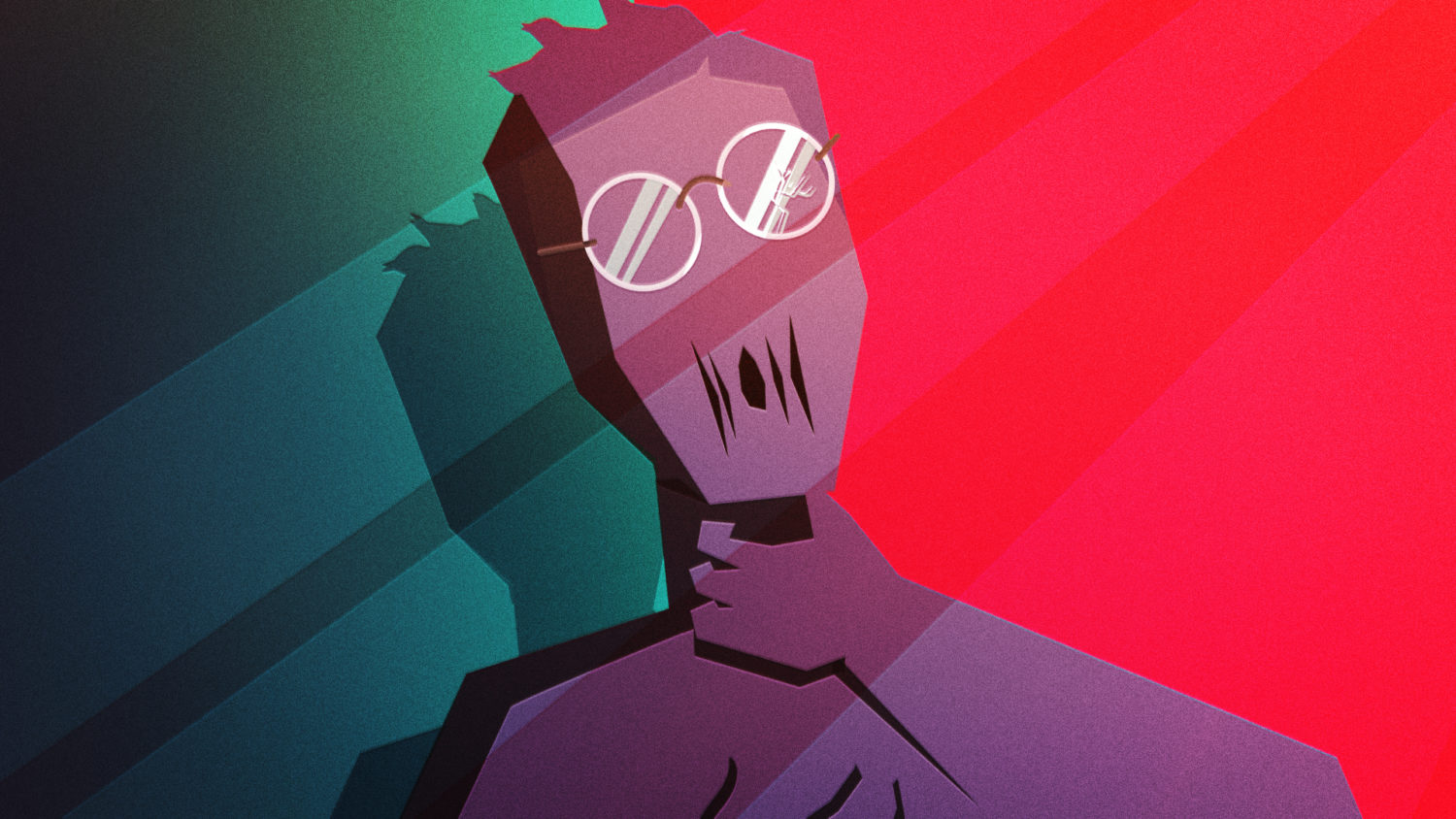There is a reason why people fear public speaking more than death. Speaking is a terribly hard thing to do. It’s a miracle that humans can maneuver and coordinate their tongues and mouths to form phonemes that turn into words that turn into sentences that can wax as poetic or as crass as one desires.
It’s a miracle that we have language at all, what with its complex systems of meanings, both metaphorical and literal, which allow you to express your thoughts and share them with others in hopes of coming to some common understanding. A lot goes into the act of speaking and a lot can also go wrong.
You can forget what you were saying mid-sentence. You can stumble and let something slip that you weren’t meaning to say. You can find that words can’t adequately describe what you’re feeling, so you give up on trying to convey your thoughts altogether.
When speaking in public, you become horribly aware of the ways in which your meticulously chosen words can fall apart at any given moment. When speaking in public, you realize that speech and language can betray you, expose you as a fool. No wonder people are afraid of speaking in public. The intense anxiety, however, is all but forgotten once you’re done with it. You know you will carry on with your life as usual, joking with your friends, ordering your morning cup of coffee, making small talk with the many strangers you pass each day.
For the one percent of the world’s population that stutters, that crushing insecurity isn’t just confined to instances of public speaking. For those who stutter, even the most quotidian interactions can be fraught with ruptured sentences and mangled words, leading you to question if there will ever come a time when those vocal cords responsible for fashioning phonemes will ever let you say your peace.
Very little is known about what causes stuttering. Research shows that about seventy million people worldwide have a stutter, that stuttering afflicts more men than women and that only 20 percent of childhood stutterers continue stuttering into adulthood. Few people will ever experience the creeping terror that is coming up on a word that you know you cannot say fluently.
Sometimes that means not saying “thank you,” because the “th” sound refuses to exit your mouth; sometimes it means not saying “hello” to that person you’ve been admiring from afar since that pesky “h” sound gets caught in your throat and bars the rest of the word from coming out. And there’s the fear that people will think you’re less than intelligent because you can never seem to get your thoughts out straight; you remember the faces of pity and bemusement as they watch you in your moment of disfluency.
So you decide that maybe instead of just talking less, you should avoid speaking altogether, which, in turn, makes you that much more nervous about existing in a world contingent on communication. Texting is a godsend: finally, a way for you to say exactly what you want to say without going through the trouble of opening your mouth to say it. But online interactions only get you so far: subtext, nuance and emotion don’t anchor your words like they do when you utter them out loud.
When you stutter, you’re often caught between your desire to speak your mind and the antipathy toward actually doing so out of fear that your stutter will overshadow your thoughts. A stutter is a deeply interior disability. No one knows you have it until you speak, and when people laugh, tell you to “slow down” or dismiss you before you’re done speaking, you imbibe the shame, exacerbating your anxiety about speech.
I’ve been stuttering ever since I was seven years old and I can say, without a doubt, that, more than my race, my gender, my class or my sexuality, my stutter has defined the way I estimate my self-worth. I wonder sometimes had I not been born with a stutter if all my problems would disappear (or at least be very different). I wonder sometimes if it would be better if I had been born mute instead — that way, I’d have a good reason not to speak.
Why did I have to be forced into the one percent? Why couldn’t I just talk? Why couldn’t I be the person who’s out there making great speeches, captivating rooms full of people with my eloquence? The only thing between that vision and me is my insufferable, ineluctable stutter. This vexation with myself, of course, only does so much good. I am, for better or for worse, tied to my stutter. If I feel as if my stutter defines me, then I have to take the good with the bad.
I have learned a great deal from my stutter. Even though I am sometimes pushed to the eaves in conversation, I know to listen to others carefully, to observe people’s minute behaviors when talking to others and to really take the time to understand someone else’s story and views. I think it’s safe to say that my stutter has been my greatest mentor in empathy.
It has shown me how to find that one person who is being marginalized in group settings and how to go about bringing them into the conversation (the key is to simply recognize their presence and ask them what they think—if they have nothing to say or are too afraid to share, keep the door open for them to return when they’ve mustered their courage).
It has shown me just how often people misunderstand each other because they are too impatient to offer their opinion and have not listened attentively enough to others (try this next time: sit quietly and consider deeply someone else’s worldview without inserting your own and see if that alters your opinion at all).
It has shown me just how much humans seek to be understood and just how often language is insufficient to make people understand (if there was only some way to make people feel what you were feeling — perhaps that’s why there is art). In short, my stutter, though it frequently precludes me from participating freely in it, has lifted the curtains on the great wide world of communication.
There is no cure for stuttering. When you stutter, you must be double-brave: brave enough to speak your truth and brave enough to do so even if it means your stutter peeks through. And who cares if it does? What you have to say is more important than how you say it. A stutter, for all the burdens with which it encumbers you, can be an ingenious way to live.

















